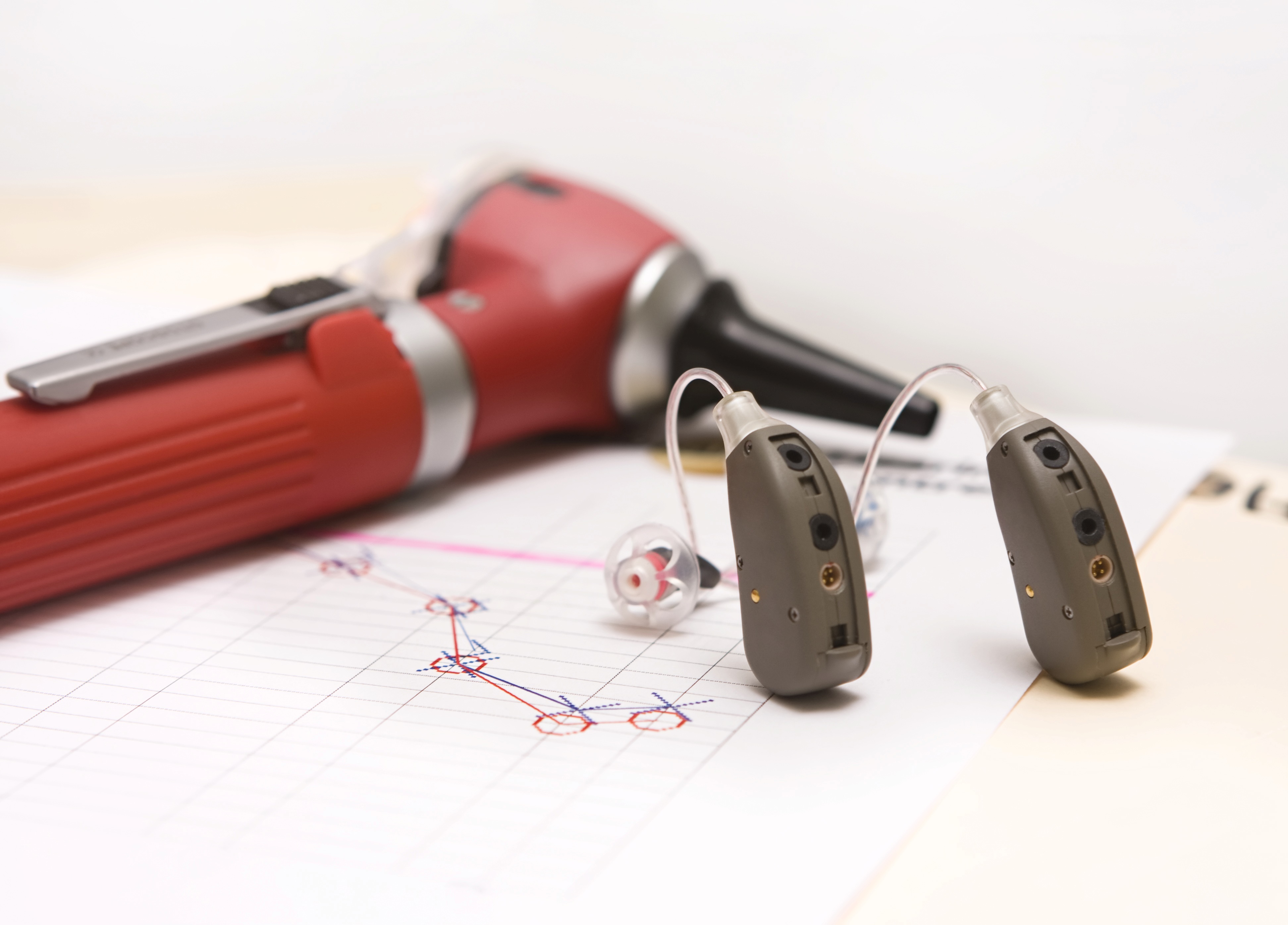
You have probably watched the commercials. The ones promoting PSAPs, or personal sound amplification products, assuring an improvement to hearing for as little as 20 dollars. It seems like a terrific bargain—particularly when compared to the substantial selling price of a hearing aid.
The fact is, it’s not so much a great deal as it is shrewd advertising. The ads do their best to conceal some vital information while concentrating on carefully selected talking points.
But the question remains: why would you want to spend more money on a hearing aid when cheaper PSAPs are readily available? Here are five good reasons.
1. PSAPs are not FDA-regulated medical devices
Listen carefully to the PSAP commercials. You’ll hear all about “boosts” to hearing but never about actually treating hearing loss. The reason: PSAPs are not FDA-regulated medical devices and cannot be used to treat any medical condition, including hearing loss. PSAPs are merely recreational products meant to provide advantages to people who can already hear normally.
Using a PSAP to manage hearing loss is like buying a pair of reading glasses to treat near and far-sighted vision impairment. Hearing aids, on the other hand, are FDA-regulated medical devices that can properly treat hearing loss.
2. PSAPs are not programmable
Hearing aids may not look very impressive on the outside, but inside they include intricate digital technology that can slice up, save, adjust, and control any kind of sound. Hearing aids can additionally make modifications for pitch and volume so that amplification complements the patient’s hearing loss precisely.
A PSAP, by comparison, is a one-size-fits-all electronic device that amplifies soft sounds. Since everyone’s hearing loss is slightly different, PSAPs won’t amplify the correct frequencies. Instead, PSAPs will amplify all sound, generating distortion in noisy conditions.
3. PSAPs can’t enhance speech recognition
Speech sounds are distinctive in that they are primarily represented in the higher frequencies, specifically in comparison to background sound. Considering that digital hearing aids can identify variations in sound frequency, hearing aids can amplify speech while suppressing background noise. PSAPs, by and large, do not have this capability.
4. PSAPs could cost you more in the end
To start with, hearing loss is on occasion brought about by factors that do not require hearing amplification whatsoever. If, for example, earwax buildup is causing your hearing loss, a straightforward professional cleaning can correct your hearing within a matter of minutes—and without a dime spent on any amplification products.
Second, sometimes more significant medical conditions can result in hearing loss, so you’ll want a professional examination to rule this out. Considering that you can buy a PSAP without any interaction with any healthcare professionals, you could be placing yourself in real danger.
Third, if you do have noise-induced or age-related hearing loss, a PSAP will not function the way you would need it to. You’ll probably invest in a hearing aid at some point anyway, so you might as well skip the additional expense of the PSAP.
And last, unlike hearing aids, there is no mandatory trial period for PSAPs. If you buy one and it doesn’t work, there’s no legal guarantee that you’ll get back your money.
5. PSAPs lack the features of a hearing aid
PSAPs, like we mentioned, are simple amplification gadgets stripped-down of any sophisticated functionality. Hearing aids, in contrast, can enhance speech, minimize background noise, and adjust to different environments. Several hearing aid models can even wirelessly stream phone calls and music, and some can be controlled with smartphones and watches.
The decision is yours
PSAPs do have their uses. If you have regular hearing, PSAPs are perfect for things like bird watching and eavesdropping on conversations, if that’s your sort of thing.
But for hearing loss, don’t settle for less than you deserve. Your hearing, and the relationships that depend on it, are too important.

